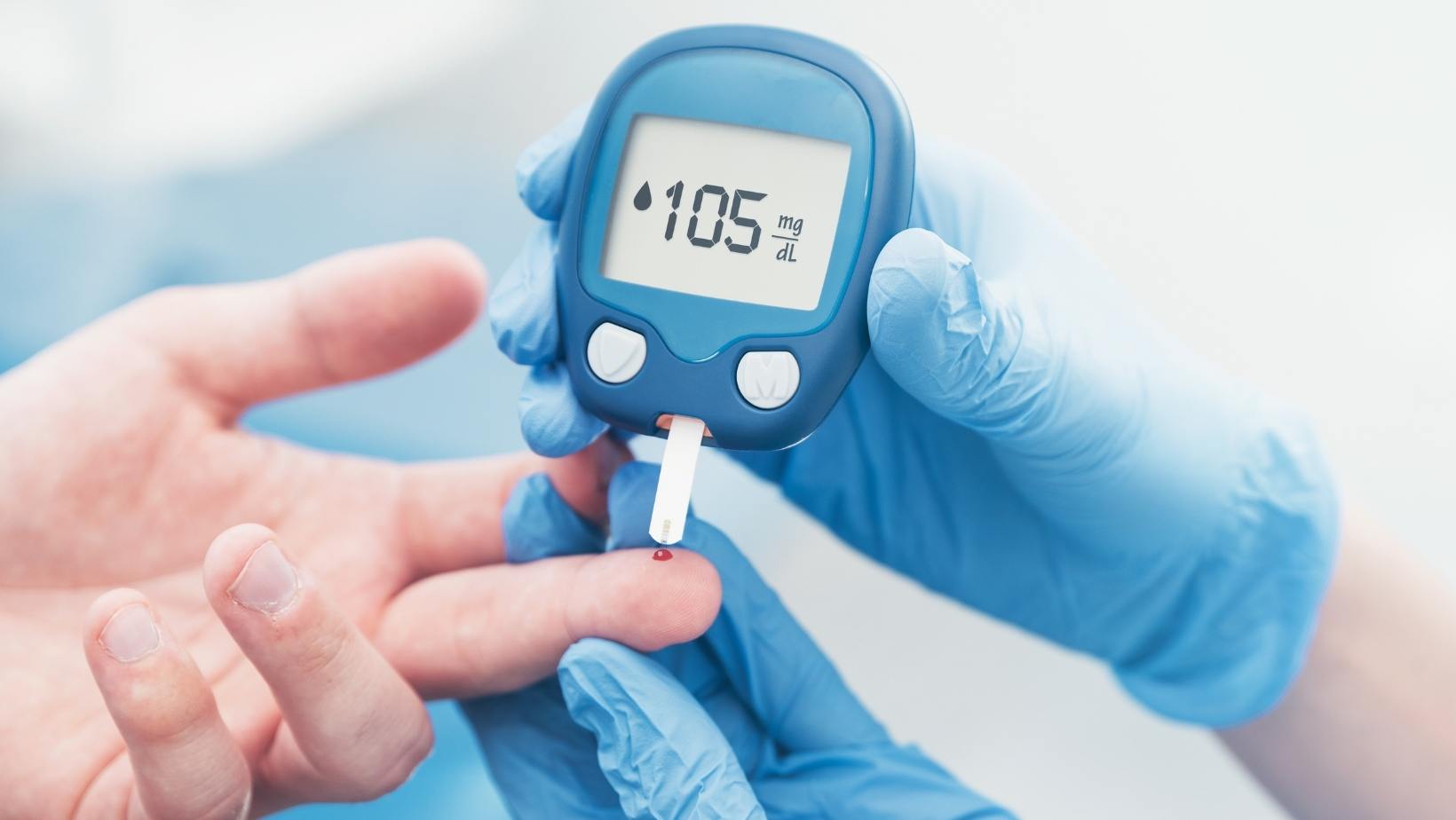
Sugar, a simple carbohydrate that’s an integral part of many diets, has a particularly significant impact on individuals with diabetes. For diabetics, understanding the effects of sugar is crucial for managing their condition effectively. In this guide, we’ll explore what happens when a diabetic consumes sugar, the consequences of excessive sugar intake, and the recommended daily sugar limits.
1. Introduction: The Delicate Balance of Sugar and Diabetes
Diabetes is a condition where the body either doesn’t produce enough insulin or can’t use insulin effectively. This imbalance makes the management of blood sugar levels paramount. But what happens when a diabetic consumes sugar, especially in excessive amounts?
2. The Immediate Impact: What Happens When a Diabetic Eats Sugar?
When a diabetic consumes sugar, their blood sugar levels can spike. The body’s response depends on the type of diabetes:
- Type 1 Diabetes: Individuals lack insulin production. Without insulin administration, sugar consumption can lead to dangerously high blood sugar levels.
- Type 2 Diabetes: The body doesn’t use insulin effectively. Excessive sugar can exacerbate this insulin resistance, leading to elevated blood sugar levels.
Immediate symptoms of high blood sugar include frequent urination, increased thirst, blurred vision, and fatigue.
3. The Long-Term Consequences: What Happens If a Diabetic Eats Too Much Sugar Regularly?
Consistent overconsumption of sugar can lead to:
- Chronic Hyperglycemia: Persistently high blood sugar levels can damage blood vessels, nerves, and organs.
- Increased Risk of Complications: This includes heart disease, kidney damage, nerve damage, and vision problems.
- Poor Diabetes Management: It becomes challenging to maintain target blood sugar levels, leading to increased medication or insulin needs.
4. The Universal Impact: If You Have Too Much Sugar, What Happens?
Even for non-diabetics, excessive sugar intake can have consequences:
- Weight Gain: Sugar is calorie-dense and can contribute to increased fat storage.
- Increased Risk of Chronic Diseases: Including type 2 diabetes, heart disease, and certain cancers.
- Dental Issues: Such as cavities and gum disease.
5. The Diabetic’s Dilemma: What Happens When a Diabetic Eats Sugar Without Realizing?
Accidental sugar consumption can happen. In such cases:
- Monitor Blood Sugar Levels: Regularly check to ensure they’re within target ranges.
- Adjust Medication or Insulin: Based on blood sugar readings and in consultation with a healthcare professional.
- Stay Hydrated: Drinking water can help flush out excess sugar from the system.
6. Setting Boundaries: How Much Daily Sugar is Too Much?
The World Health Organization recommends that added sugars should make up less than 10% of total daily energy intake. For diabetics, individual needs might vary based on overall health, activity levels, and specific health conditions. It’s essential to work with a healthcare professional to determine personalized sugar intake guidelines.
Conclusion: The Sweet Balance
For diabetics, understanding and managing sugar intake is a delicate yet crucial balance. Being informed, making conscious choices, and regularly monitoring blood sugar levels can lead to a healthier life and better diabetes management.
FAQ Section:
1. Why is sugar management crucial for diabetics?
Effective sugar management is vital for diabetics because their bodies either don’t produce enough insulin or can’t use insulin effectively. Proper sugar intake ensures that blood sugar levels remain within target ranges, reducing the risk of complications and promoting overall well-being.
2. How does sugar consumption affect blood sugar levels in diabetics?
When a diabetic consumes sugar, it can lead to a spike in blood sugar levels. Depending on the type of diabetes and the individual’s management plan, this spike can be significant and potentially dangerous, necessitating careful monitoring and potential medication adjustments.
3. Are there specific sugar-rich foods that diabetics should avoid?
While diabetics don’t need to avoid sugar entirely, it’s advisable to limit foods and drinks with added sugars, such as sodas, candies, and many processed foods. Instead, they should focus on consuming natural sugars from whole foods like fruits, in moderation.
4. What can diabetics do if they accidentally consume too much sugar?
If a diabetic inadvertently consumes too much sugar, they should monitor their blood sugar levels closely, stay hydrated, and consult with their healthcare provider about potential medication or insulin adjustments. It’s also beneficial to engage in light physical activity, like walking, to help lower blood sugar levels.
5. How can diabetics safely satisfy their sweet cravings?
Diabetics can opt for healthier alternatives to satisfy sweet cravings. This includes consuming fruits in moderation, choosing dark chocolate over milk chocolate, and using natural sweeteners like stevia. It’s also essential to read food labels to be aware of hidden sugars.
6. Are artificial sweeteners a safe choice for diabetics?
Artificial sweeteners can provide sweetness without the calories or blood sugar spikes. However, it’s essential for diabetics to choose FDA-approved sweeteners and use them in moderation. Some sweeteners might have side effects, so it’s always best to be informed and consult with a healthcare professional.
Blog Tags for the Post: diabetes and sugar, managing blood sugar, sugar intake guidelines, diabetic diet, sugar spikes, diabetes complications, natural vs. added sugars, sugar alternatives for diabetics, sugar and insulin, sugar and diabetic symptoms, sugar consumption risks, sugar in processed foods, sugar and health, sugar and medication adjustments, sugar and hydration, sugar and physical activity, diabetic sweet cravings, artificial sweeteners and diabetes, hidden sugars, diabetes management tips.
Note: Always consult with a healthcare professional or nutritionist for personalized advice and recommendations.











